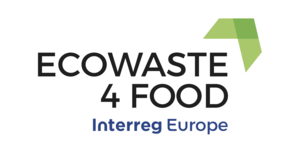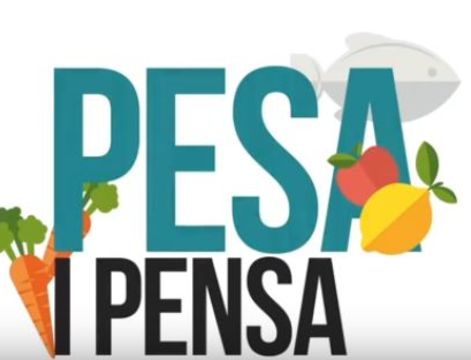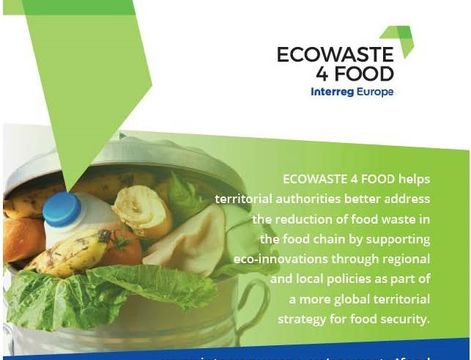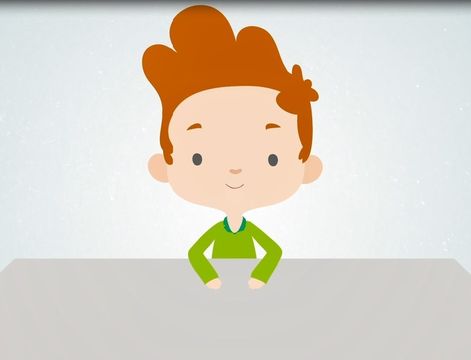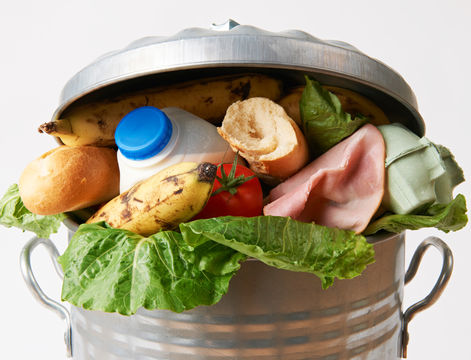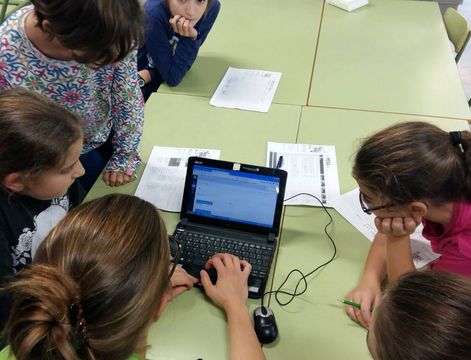Different types of eco-innovations (i.e. product, process, organizational, marketing, social) do help to transform a linear economy into a resource-efficient circular economy. Regarding the food waste issue, the challenge is to move from a food waste management towards a resource-efficient and circular economy management that also contribute to a knowledge-based economy. Eco-innovation is about reducing our environmental impact and making better use of natural, financial and knowledge resources. This means developing approaches, products, techniques, services and processes that reduce food waste, use resources efficiently, promote recycling, reuse, etc. that have already generated outcomes and had social, economic, environmental impacts within the partners territories. Beyond their triple win strategy that benefit to people, planet and profits, eco-innovations to reduce food waste not only help city/regional authorities to meet their environmental objectives but also boost city/regional economic growth.
In this document we introduce the possible opportunities offered by the four domains of eco-innovations:
• Limitation of waste production at source in the food processing industry, introducing eco-efficient manufacturing processes (ECOINNOV1);
• Conception and design of products that help reducing the food waste by the end users, catering and individual consumers (ECOINNOV2);
• Use of products today considered as unusable or unserviceable products (ECOINNOV3);
• Services provided that help reduce food waste directly or by a modification of consumption patterns (including e-services, connected objects) (ECOINNOV4).
This collective identification and short analysis of opportunities of eco-innovations to reduce food waste will help project partners to handle and facilitate: i) the dialogue with stakeholders and ii) the unfolding of territorial investigations of eco-innovative good practices.
Download the PDF document
